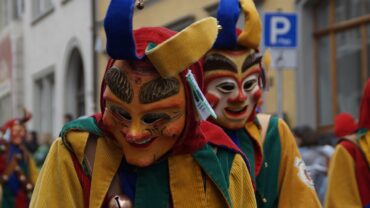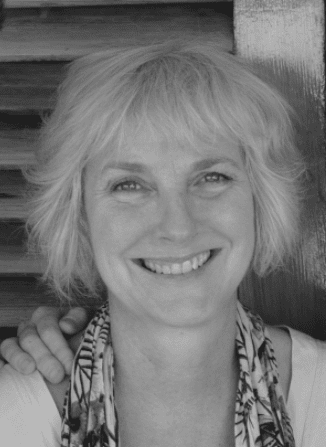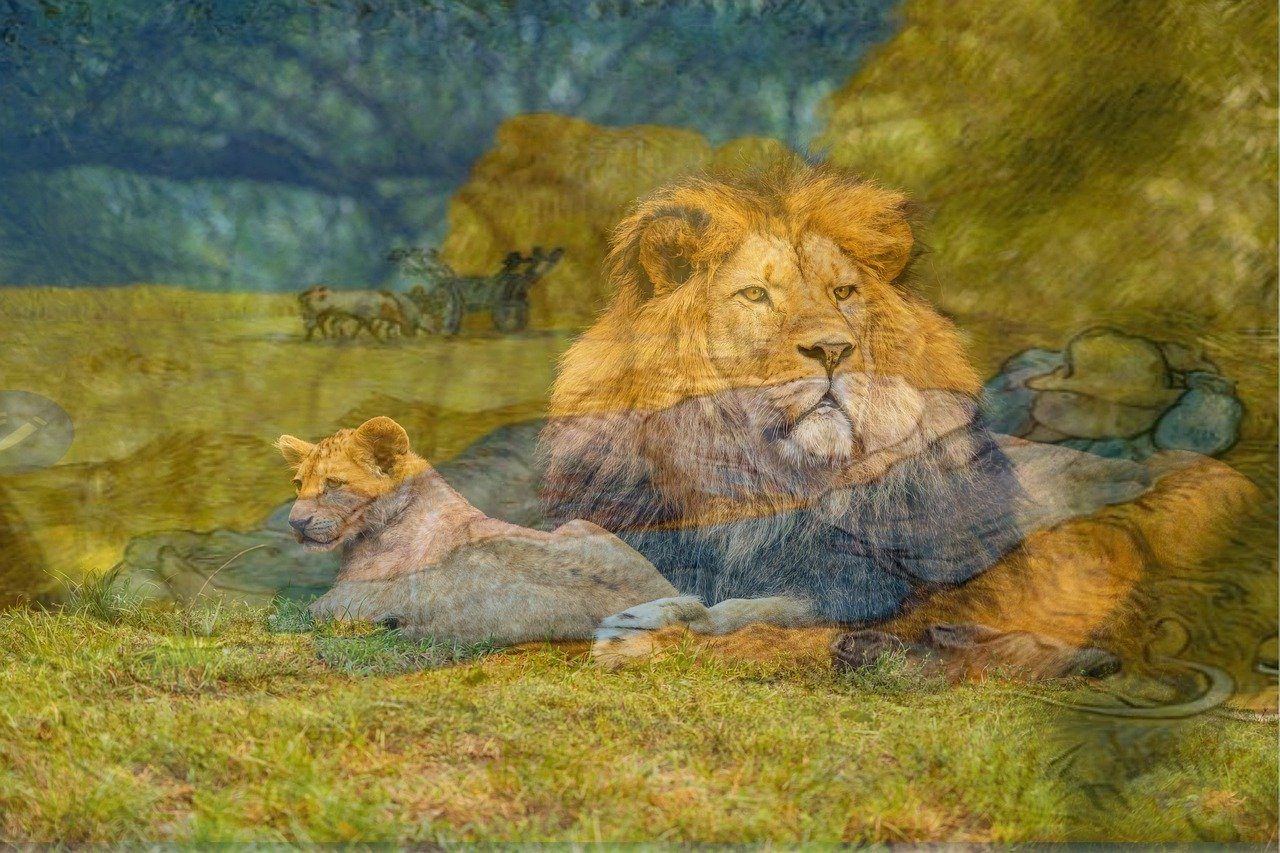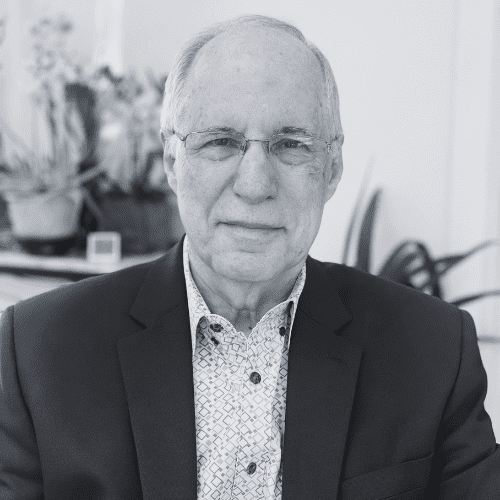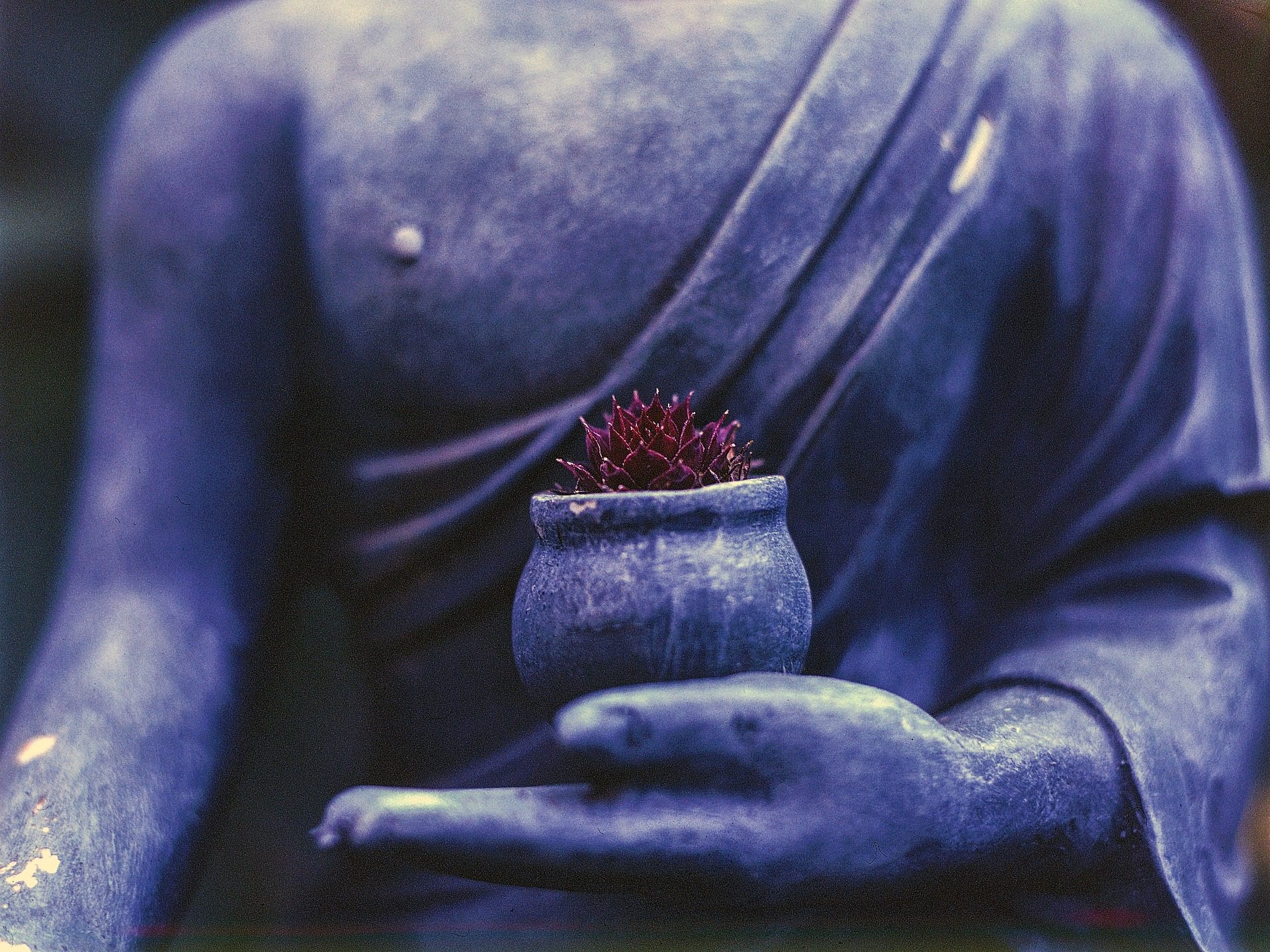Jung’s Invisible Church
“No individual can exist without individual relationships, and that is how the foundation of your church is laid.” These haunting and challenging words come from Jung’s Black Books, his research…
Trickster Goes Cosmic – Again
Well, the Trickster has done it again. Just when you think your trousers are ready to fasten, Trickster sneaks up and pulls them down to your ankles. In my five-session…
Reconnecting with Your Imaginal Intelligence
[vc_row][vc_column][vc_column_text]I have found that when people open their curious mind, something more unfolds. Curiosity invites creativity and, too, imagination. You access something beyond, Intellectual Intelligence, Emotional Intelligence, and Artificial Intelligence. …
Crossing Focusing and Jung: Embodied Inner Journeys
In any conflict between mind and body, follow the body’s wisdom. This is something I have come to trust after almost three decades of practicing as both a Jungian and…
Living an Imagination Centered Life
Over these past months I have been a guest of multiple podcasts, interviews, and media appearances in service to my new book release of The Imagination Matrix. I am asked…
Jungian Coaching (Part 1)
In this blog series, I answer a few questions I was asked by my colleague Gauri Ramesh about Jungian Coaching. Gauri is the Certificate Program Coordinator at Jung Platform and…
Tension & Creativity in Astrology
This blog article is part of a series on Astrology by Janet Martha. Read more here & here. Liberal or conservative, we are all snowflakes. We’re snowflakes in that no…
The Big News about Anxiety
The big news for us from C.G. Jung, and depth psychology in general, is that we now have an overall operating manual of the human psyche. In many promising ways,…
Overture: Night
This article is excerpted from Stephen Jenkison’s book Die Wise: A Manifesto for Sanity and Soul. We wanted to share this with you as it is a theme of great…
A Small Adventure
What a fine day, I thought, for a walk in the hills. The sky is pleasantly warm and clear. The breeze drifting through the trees makes the world seem fresh…
A Jungian Approach to Anxiety and Depression
A Jungian approach to anxiety and depression differs from conventional methods in that conventional therapy treats anxiety and depression as though they are the problems in and of themselves. From…
The Deep Ground: Towards an Embodied Spirituality
When I write about the ground I am referring to the felt-sense of support and stability that lies beneath the body. Our deepest ground is underground. There are different levels to this sense of being grounded. On one level – the most obvious one – we feel rooted in and connected to the earth. Another level, less frequented, is archetypal. Here we may be pulled down into an underground realm on a mythic journey.


